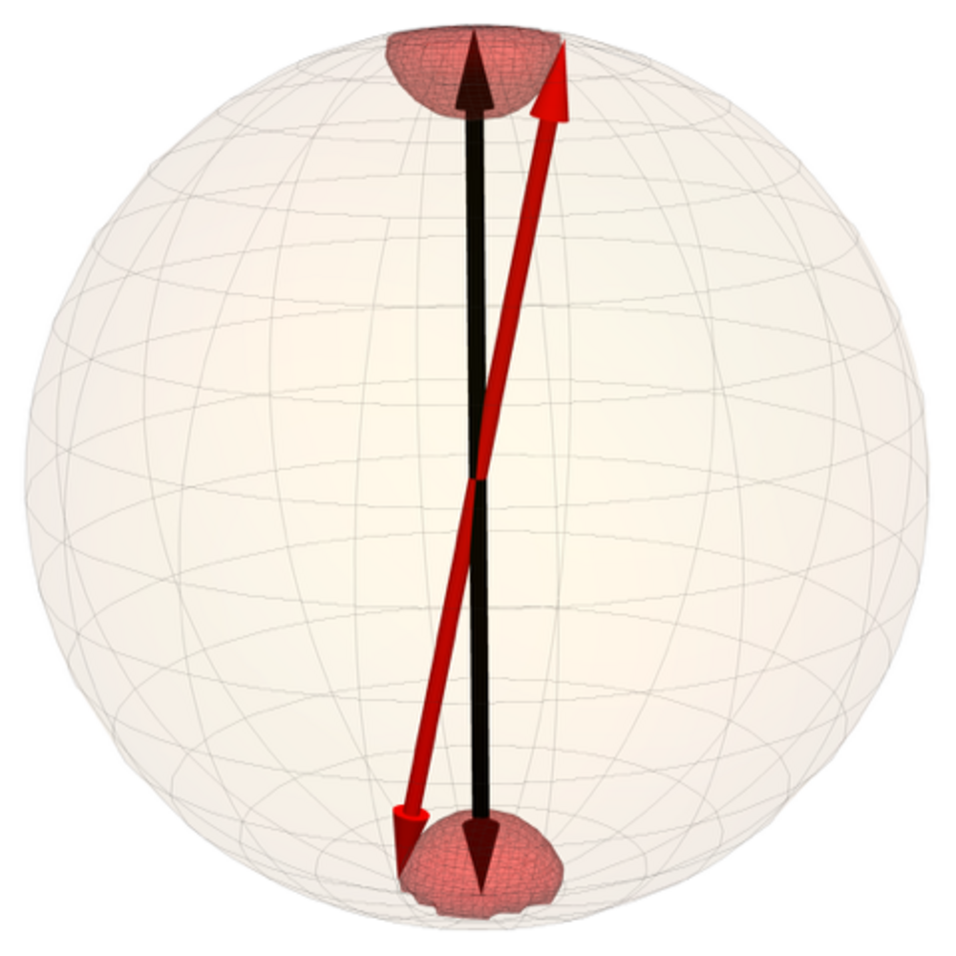Abstract
Standard procedures for entanglement detection assume that experimenters can exactly implement specific quantum measurements. Here, we depart from such idealizations and investigate, in both theory and experiment, the detection of genuine multipartite entanglement when measurements are subject to small imperfections. For arbitrary qubits number n, we construct multipartite entanglement witnesses where the detrimental influence of the imperfection is independent of n. In a tabletop four-partite photonic experiment, we demonstrate first how a small amount of alignment error can undermine the conclusions drawn from standard entanglement witnesses and then perform the correction analysis. Furthermore, since we consider quantum devices that are trusted but not perfectly controlled, we showcase advantages in terms of noise resilience as compared to device-independent models.
- H. Cao, S. Morelli, L. A. Rozema, C. Zhang, A. Tavakoli, P. Walther,
Genuine Multipartite Entanglement Detection with Imperfect Measurements: Concept and Experiment
Physical Review Letters 133, 150201 (2024).

